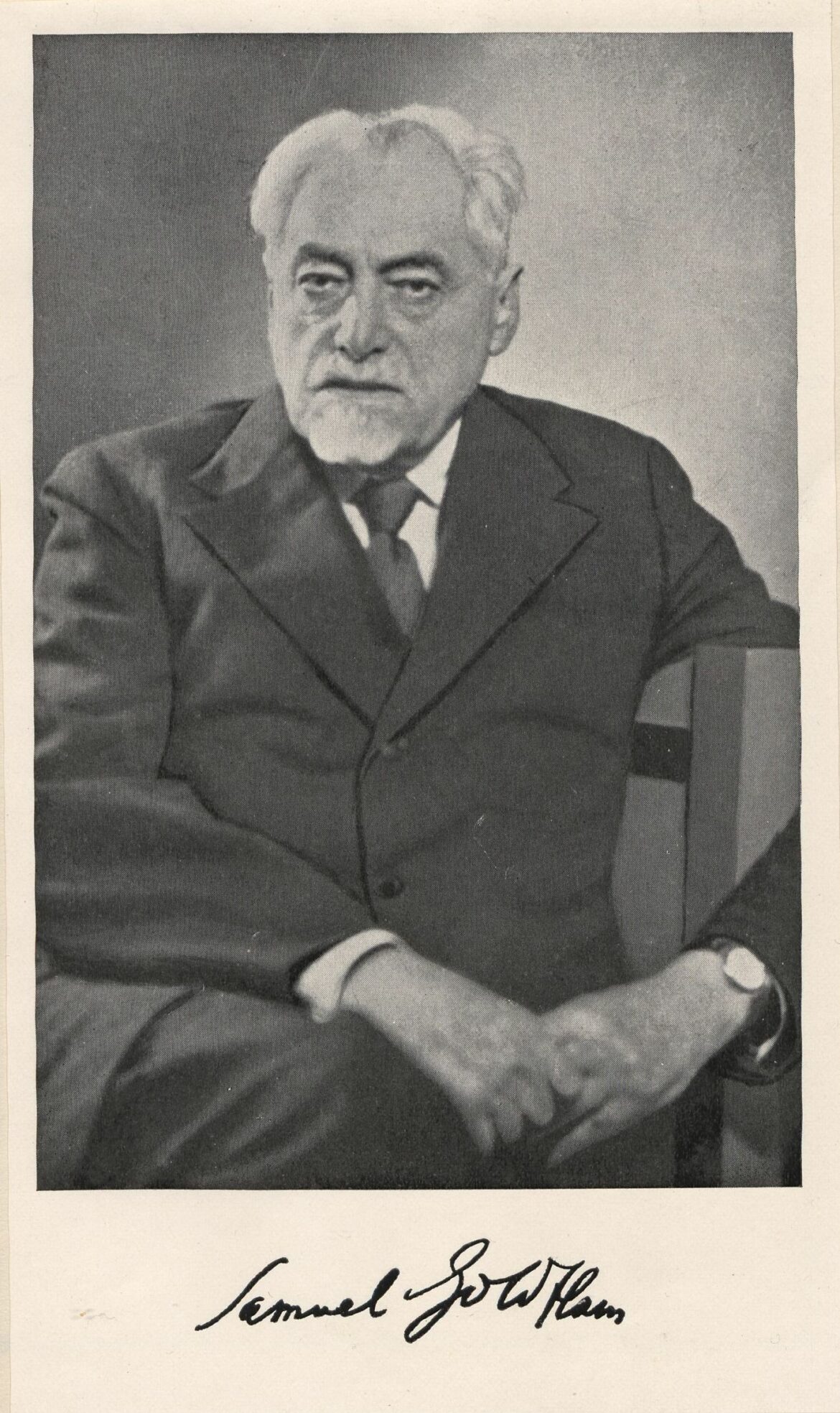Raising the health level of Jews in Poland was one of the most frequent demands raised by the Jewish elite from the beginning of the Second Polish Republic. One of the most important organisations that achieved much success in this field was the Society for the Protection of the Health of the Jewish Population in Poland, abbreviated as TOZ.
It focused on fighting diseases caused by poverty and difficult living conditions – primarily tuberculosis and infectious diseases among children, and, at the dawn of the formation of the new state, typhus. The TOZ was established in 1921 by splitting off from a Russian organisation called Obszczestvo Zdravonoochronieniya Yevreyev. Initially, it operated only in the Eastern Polish Borderlands (Kresy). Its founder was Lublin-born Gerszon Lewin – a pulmonologist by profession. He had extensive experience in clinical work, acting since 1918 as head of the internal ward of the Old Jewish Hospital in Czyste. Samuel Goldflam, a prominent neurologist, and founder of the “Zofiówka” Institution for Nervously and Mentally Ill Jews in Otwock, became honorary president of TOZ.
The organisation’s task was to carry out many initiatives to promote health prevention and spread hygiene, but the challenges of everyday life meant that prevention had to give way to therapeutic activity. Counselling and out-patient services were developed, child nutrition and vaccination campaigns were carried out, convalescent homes and even health clinics were opened. The greatest measurable success of TOZ was the decrease in infant mortality in Warsaw, where it was very active. By 1939, about a thousand medical and sanitary organisations had been set up under the TOZ, with only some of the people involved charging for their work. Many of them, including doctors, worked for free. They managed to set up around 400 facilities in 50 cities.
The members of the organisation made many efforts to reach as many Jews as possible through the press. Hence, the monthly magazine “Fołks Gezund” (“Health of the People”) or the professional magazine “Social Medicine – Socjałe Medicin” were published. A magazine for young people was also published under the title “Dos Gezund” (“Health”).
TOZ was active during the Second World War, carrying out activities within the Joint, but in 1942 the German occupiers liquidated it.
After its reactivation in 1946, TOZ ceased to be active in 1950 because of a decision by the communist authorities.





